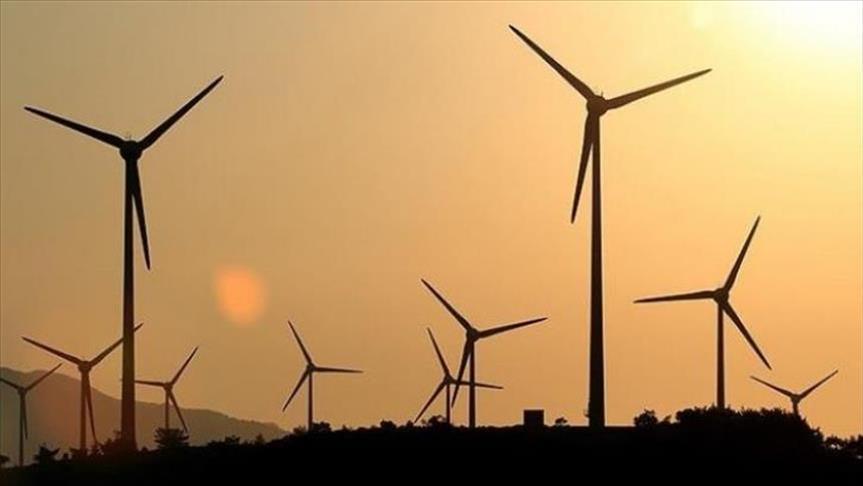Russia’s war in Ukraine will have long-lasting effects on the global energy system, with the war-driven focus on energy security helping accelerate the transition to domestically produced renewables and other non-fossil fuels, bp said in its Energy Outlook 2023 report on Monday.
According to the oil giant, the disruption in global energy supplies and associated shortages caused by the war has brought energy security, sustainability, and affordability into focus worldwide.
‘Global energy polices and discussions in recent years have been focused on the importance of decarbonising the energy system and the transition to net zero. The events of the past year have served as a reminder to us all that the transition also needs to take account of the security and affordability of energy,’ said Spencer Dale, bp’s chief economist.
‘Any successful and enduring energy transition needs to address all three elements of the so-called energy trilemma: secure, affordable and lower carbon.’
In the report’s net zero scenario, which includes an outlook to 2050, the world’s current total installed wind and solar capacity of 1,231 gigawatts in 2019 balloons by around 15-fold to 20,225 gigawatts of installed capacity by 2050.
In its ‘New Momentum’ scenario, installed wind and solar capacity is forecast to reach 11,420 gigawatts by 2050, a nine times its previous level.
‘The rapid expansion in wind and solar power is largely underpinned by falls in their costs which resume after recent short-term inflation pressures, especially over the first 10-15 years of the outlook. Solar and wind technology and production costs fall with growing deployment, supported by increases in module efficiency, load factors and project scales for solar and by higher load factors of increasingly large turbines and lower operating costs for wind,’ bp said in the report.
It called for greater government support given the scale by which the world needs to decarbonize, including policies to streamline permit acquisition and approval for low-carbon energy and infrastructure.
Noting that the events of the past year have ‘highlighted the complexity and interconnectedness of the global energy system,’ Dale noted that the increased focus on energy security had the potential to accelerate the energy transition as countries seek to increase access to domestic generation, much of which is likely to come from renewables and other non-fossil fuels.
However, Dale also said that recent events also showed how relatively small disruptions to energy supplies can lead to significant economic and social costs. He argued that the transition away from hydrocarbons should be orderly such that demand for them falls in line with available supplies.
Through 2050, bp expects global oil demand to decline, driven by the growth of electrification of transportation. Even so, it said that oil will continues playing a major role in the global energy system for the next 15-20 years.

